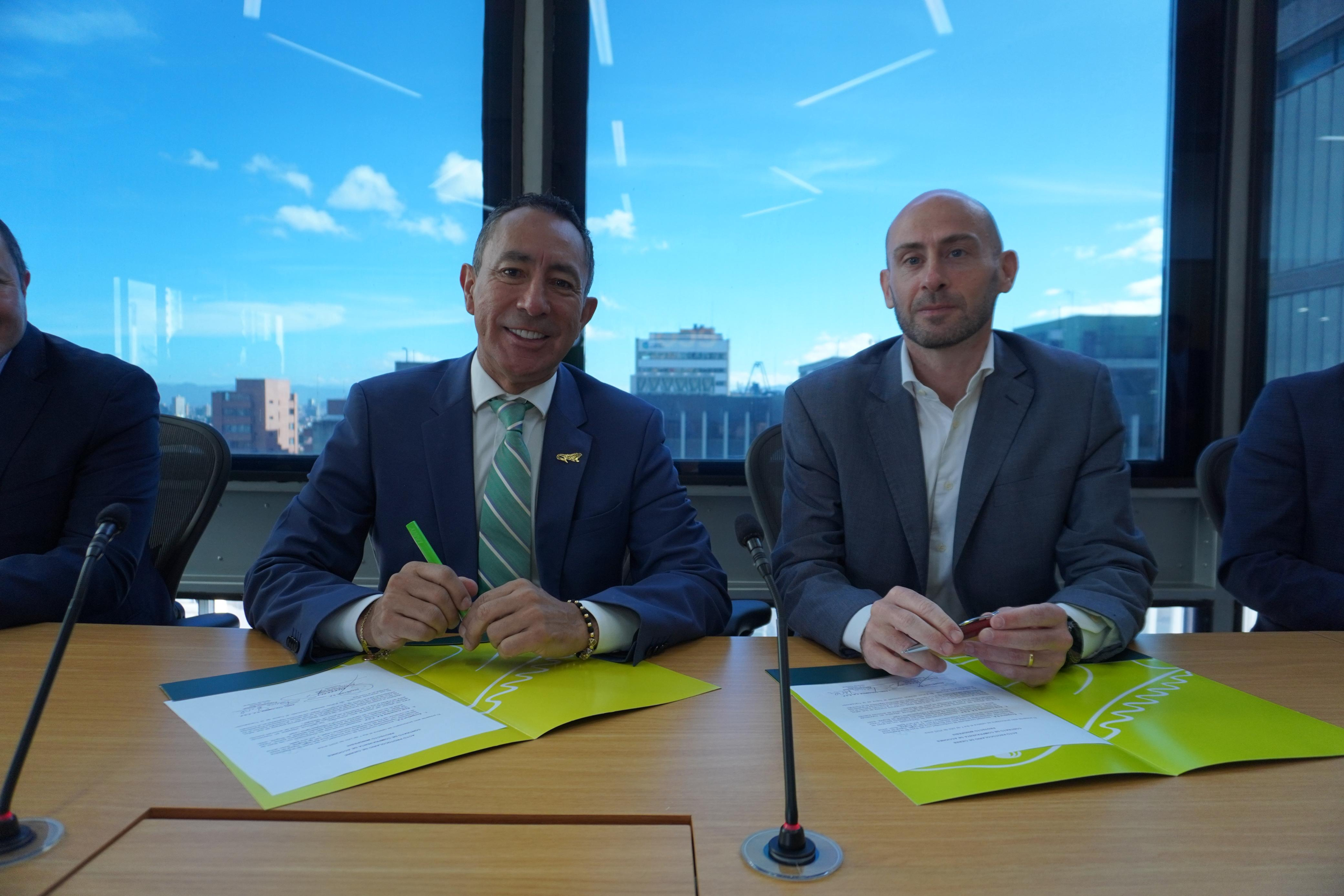The Comptroller's Office is putting the spotlight on the Ministry of Energy and Ecopetrol's purchases of wind and solar farms.

Since July 15, the Comptroller General's Office launched a compliance audit to thoroughly examine Ecopetrol's multimillion-dollar investments in wind and solar projects.
Additionally, the Comptroller's Office is reviewing the actions taken by the Ministry of Mines and Energy through the Non-Conventional Energy and Efficient Energy Management Fund (Fenoge).
According to information published by Portafolio, these investigations will continue until early December and may result in administrative, disciplinary, or criminal findings, depending on the situations identified.

Minister of Mines and Energy, Edwin Palma. Photo: Ministry of Mines and Energy
The Comptroller's Office intends to conduct a thorough review of commitments, work plans, and projects over a given period, examining their scope, funding sources, expected results, and progress on initiatives.
Although this is a compliance audit of the entire mining and energy sector, special emphasis will be placed on Ecopetrol's recent purchases of solar and wind farms from companies such as Enel Colombia and Statkraft European Wind and Solar Holding.
The agreement Ecopetrol signed with AES Colombia to acquire 49 percent of six wind farms located in the department of La Guajira will also be taken into account.

Ricardo Roa, president of Ecopetrol and Francesco Bertoli, general manager of Enel Colombia. Photo: Ecopetrol
Sources indicate that one of the Comptroller's Office's main concerns is that these initiatives are not seen as part of an orderly energy transition process.
"Here, the understanding has been that the transition is about buying solar panels or replacing thermal generation plants without considering how many jobs are impacted, how many taxes are affected, or whether they are cost-effective," they said.
Regarding the compliance audit initiated at the Ministry of Mines and Energy, it will also include other funds such as the FAER and the FAZNI; the management and monitoring of subsidies; and administrative decisions that impact the quality of energy and natural gas services.

Photo: iStock
Other sources consulted by Portafolio confirmed that one of the most attention-grabbing issues is the agreements that Fenoge has been signing with community action boards to promote the Colombia Solar program.
Under this process, each board is capped at 500 million pesos, and the goal is to ensure that all funds are used efficiently and transparently for projects, rather than having some of these resources used for proselytizing purposes in the regions.
In addition, the Comptroller's Office's compliance audit includes a thorough review of the Colombian Fuel Price Stabilization Fund (FEPC) and the investment plans of public companies, their sources of financing, and their sustainability.
*With information from PORTAFOLIO
eltiempo





